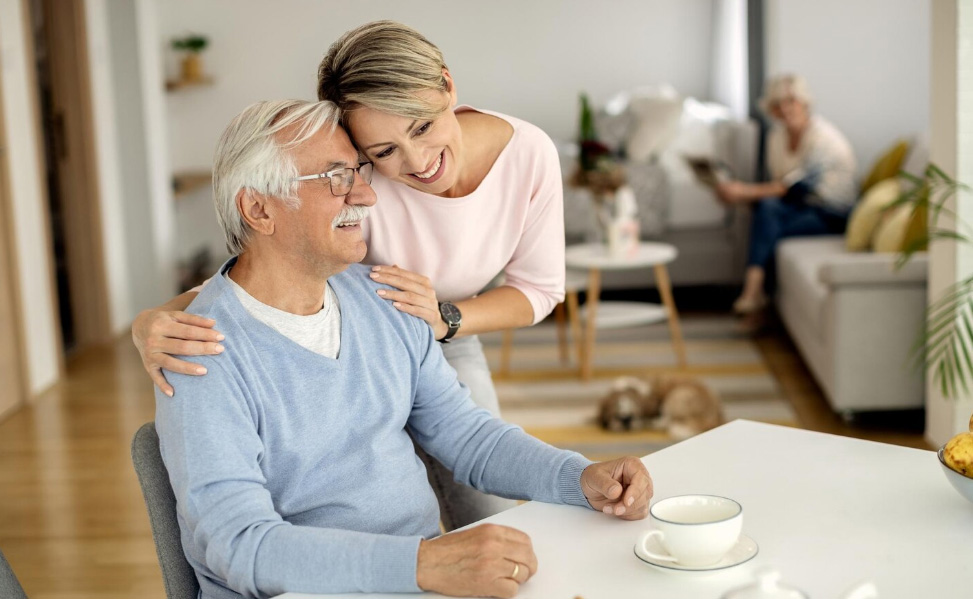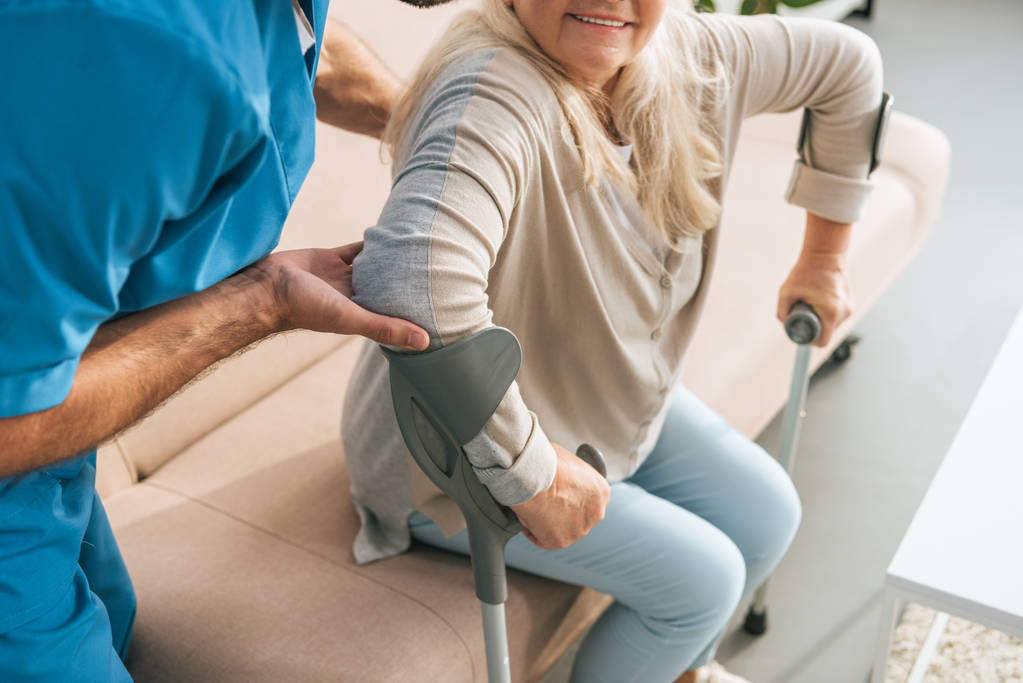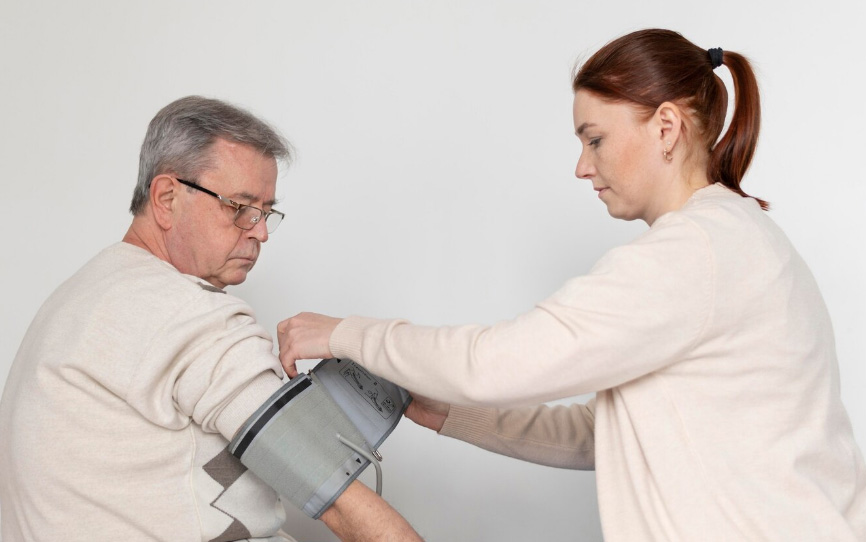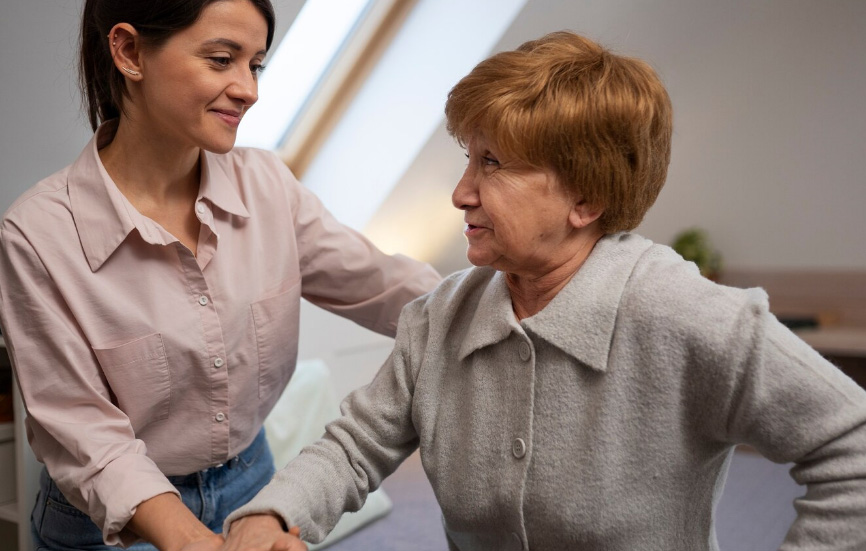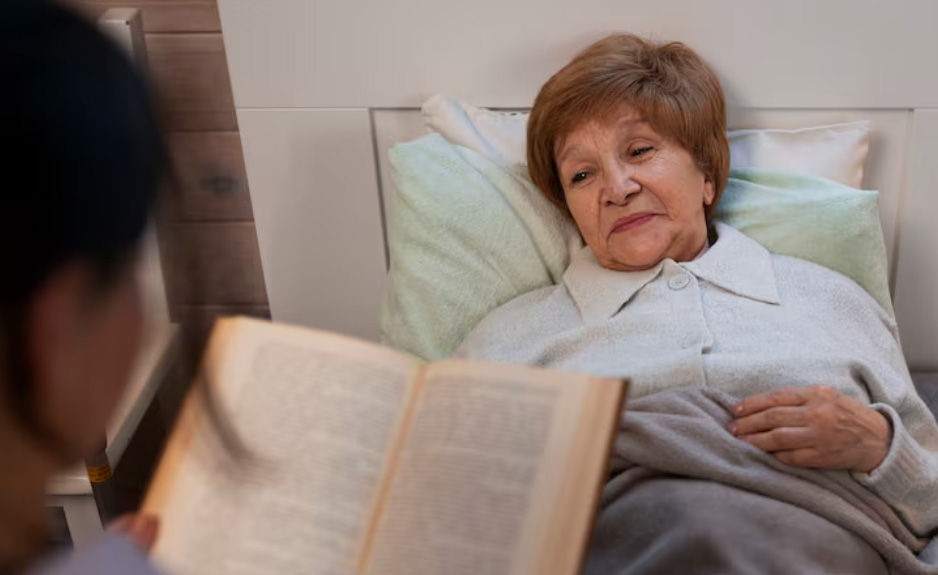Caring for someone you love can fill your days with meaning and also leave you running on empty. This caregiver survival guide gives you practical ways to protect your health while supporting a loved one receiving hospice care in Orange County and Anaheim. You will find a quick self-check for burnout, a simple weekly plan you can actually follow, micro-respite ideas that fit real life, and respite care services you can use right away through Orange Hospice.. Small steps add up. You deserve care too.
Quick Self-Check: Are You Running On Empty?

Use this 60-second scan. If two or more apply, consider changes this week.
- You sleep less than 6 hours most nights or you wake up unrefreshed.
- Meals are skipped or grabbed on the go more than 3 times a week.
- You feel irritable, numb, or tearful more than usual.
- Headaches, stomach issues, or back pain are more frequent.
- You avoid calls or texts because decisions feel overwhelming.
- You feel guilty taking even a short break.
If you checked several boxes: you are not failing. You are human. The rest of this guide offers small, repeatable habits that help you recover stamina without adding stress. Many caregiver guides discuss burnout; this one pairs warning signs with a realistic plan and local support that you can access today.
A Simple Weekly Care Plan You Can Stick To
Print this section or save it on your phone. Revisit every Sunday.
- Choose one anchor habit for the week.
Pick the easiest win that protects your energy: a 10-minute walk after lunch, a real breakfast, or lights out at a set time. - Block two micro-respite windows.
Ten to fifteen minutes is enough. Put them on the calendar like appointments. Use a timer so you do not need willpower. - Share your plan with one person.
Tell a sibling, friend, or your hospice nurse. Accountability turns intention into action. - Prep the top three tasks.
List the three tasks that matter most for your loved one’s comfort. Prep supplies the night before to reduce decision fatigue.
Daily essentials that protect your energy
- Hydration and protein first thing: tea or water plus a simple protein helps stabilize energy.
- Movement you can do at home: gentle stretches while the kettle boils, 10 wall push-ups, or a hallway lap after bathroom visits.
- Sleep cues: dim lights after 9 pm, set your phone to Do Not Disturb except priority contacts.
- One connection a day: send a single text that says, “Thinking of you. No need to reply.”
Many caregivers try to overhaul everything at once. Small, repeatable steps work better than big changes you cannot sustain. Competitor guides often focus on routines; anchor habits plus micro-respite make routines realistic when days are unpredictable.
Micro-respite ideas that actually fit your day
Caregiving rarely leaves wide-open hours. Short respite moments protect your energy and help you think clearly. Treat these as essentials, not extras. Set a timer, let your hospice nurse or social worker know you are building in brief breaks, and if you need longer coverage, ask about volunteer support or learn how to qualify for respite care.
- 2 minutes: deep breathing, shoulder rolls, step outside to feel fresh air.
- 5 minutes: favorite song in headphones, stretch and sip water, look at three photos that make you smile.
- 10–15 minutes: quick shower, power nap with an alarm, short walk to the mailbox and back.
- Ask for coverage: a neighbor can sit in the living room while you shower. If you have hospice, ask about volunteer respite options or guidance.
When To Call The Hospice Team
You never need to “tough it out.” Call even if you are unsure.
What your hospice team can do for you
- Symptom changes: new pain, breathing changes, restlessness, or confusion.
- Medication questions: side effects, timing, or missed doses.
- Equipment needs: wound care supplies, a shower chair, or hospital bed adjustments.
- Emotional support: a social worker or chaplain can help with family stress, anticipatory grief, or difficult conversations. Many caregiver guides discuss talking about death; your hospice team can coach you through it in plain language.
What 24/7 support looks like
- Phone support day or night for urgent needs and guidance.
- Nurse visits when symptoms escalate.
- Education at the bedside so you feel confident with care tasks. If you are trying to do wound care or manage complex meds, you deserve step-by-step coaching. Competitor content touches this; we make it explicit so you know what to ask for.
How Orange Hospice Respite Care supports caregivers
Caring for someone you love takes energy. Orange Hospice helps you protect your health so you can keep caring well.
- Inpatient respite at a skilled nursing facility – families under Orange Hospice may access up to 5 days per hospice benefit period when a true rest is needed. Your loved one receives round-the-clock care, and you get time to sleep, regroup, or attend to other responsibilities.
- Volunteer Program – many families also use a few hours a week from trained Orange Hospice volunteers for companionship, reading aloud, or quiet presence. This short break supports both the patient and you as the caregiver.
- When to ask: if you are missing meals or sleep, feeling overwhelmed, or need time for errands and appointments, call us. We will walk you through options, availability, and how respite fits into your plan of care.
Learn more about qualifying and planning by visiting our website here, or talk with your nurse or social worker. You can also call (714) 790-0594 to discuss what is available.
Caring For Your Mind And Heart
Grief before loss is still grief
Anticipatory grief can look like irritability, numbness, or feeling guilty when you take a break. Talking to a social worker or joining a support group can lighten the load. Competitor blogs often cover overwhelm; pairing that with concrete local groups helps you move from reading to doing.
Boundaries that protect relationships
- Replace “Call if you need anything” with “I can pick up groceries on Wednesday. Do you want bananas and soup?”
- Create a visitor script that lists best times to stop by and what is helpful.
- Use a shared note app so siblings see updates without repeated calls.
Frequently Asked Questions From Caregivers
- What if my loved one refuses help?
Start with one small task they are comfortable delegating. Involve your nurse or social worker to suggest options in a way that feels respectful. - How do I handle nights when symptoms spike?
Call your hospice. Nighttime guidance can prevent emergency room trips. Ask about comfort kits and when to use each medication. - When should I ask about respite?
If you check two or more boxes in the self-check or if you have gone a week without a real break. Your hospice can connect you with respite options and volunteers. Local programs in Orange County can help with planning. - What about legal and practical planning?
If not already in place, ask your social worker for simple checklists on advance directives and points of contact.
Hospice and Respite Care in Orange County: Speak With Us Today
You are not alone. If you are looking for hospice care in Orange County or a trusted hospice provider in Anaheim, call Orange Hospice anytime at (714) 790-0594 or reach us through our contact form. Families under Orange Hospice may access inpatient respite at a skilled nursing or join our Volunteer Program, a support designed for both your loved one and you as the caregiver. You can talk through symptom changes, supplies, respite options, and support for your whole family. Reach out. We are here, day and night.
